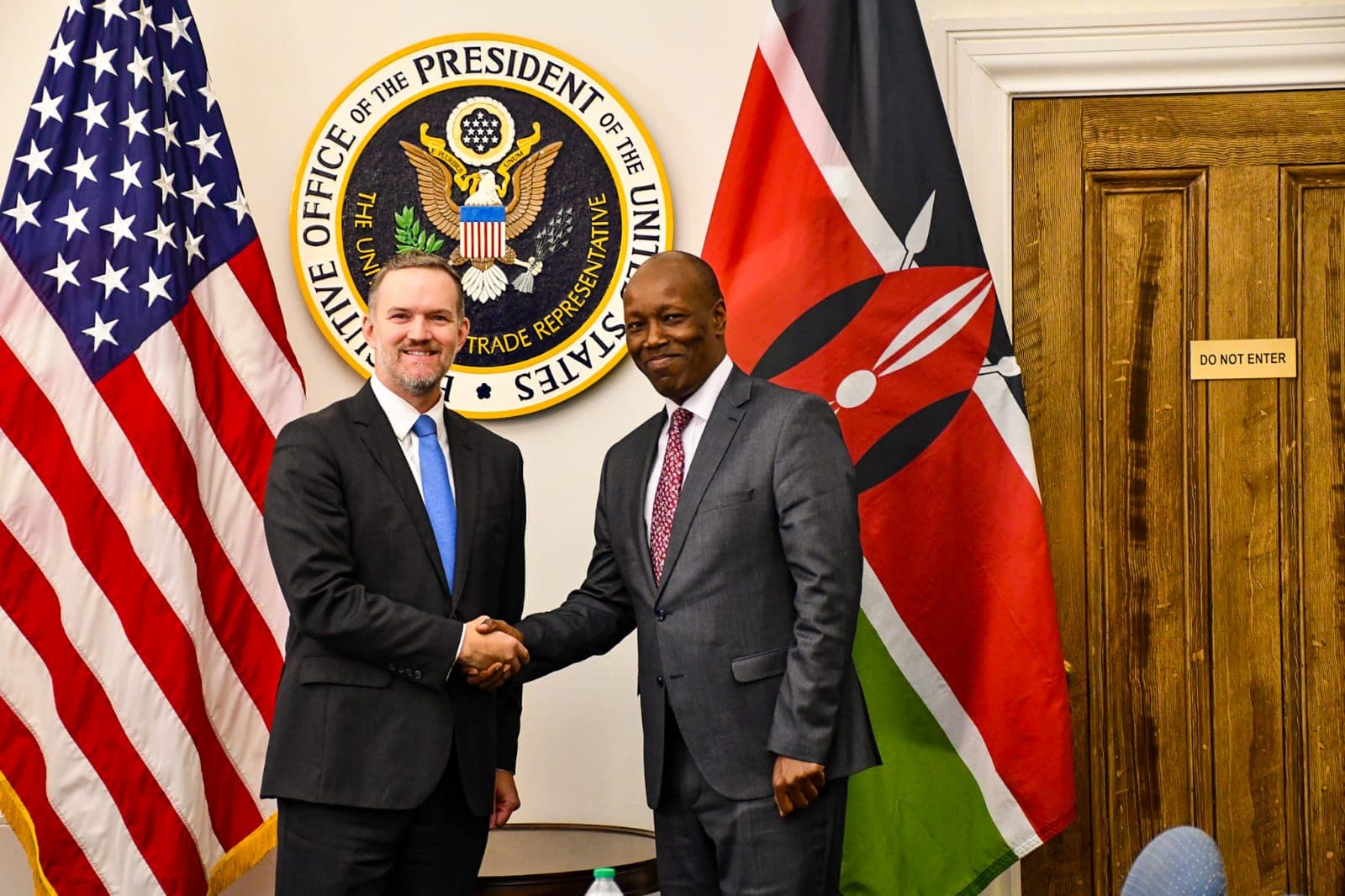We're loading the full news article for you. This includes the article content, images, author information, and related articles.
The unprecedented 36-day closure of the U.S. government raises concerns in Kenya over the stability of foreign aid, trade negotiations, and vital health programs that depend on American funding and diplomatic engagement.

WASHINGTON D.C. – The United States federal government shutdown became the longest in the nation's history on Wednesday, 5 November 2025, entering its 36th day with no immediate end in sight. The political stalemate in Washington, which began on 1 October 2025, has left hundreds of thousands of federal employees without pay, disrupted essential services, and is now casting a shadow over U.S. foreign policy, with potential repercussions for Kenya and the East Africa region.
The shutdown was triggered by the failure of the U.S. Congress to pass necessary funding legislation for the 2026 fiscal year amid deep partisan divisions. The current impasse surpasses the previous record of 35 days set between December 2018 and January 2019 during the first term of President Donald Trump. The core of the dispute revolves around disagreements on federal spending levels, foreign aid, and subsidies for health insurance under the Affordable Care Act (ACA).
While the immediate impact is concentrated within the U.S.—affecting everything from air travel to food assistance programs—the prolonged paralysis has significant implications for international partners like Kenya. The United States is a major development partner for Kenya, providing substantial financial support for health, agriculture, and economic growth. In the 2023 fiscal year, U.S. foreign aid to Kenya was approximately $846.9 million. Prolonged political instability and shutdowns can threaten the reliability and disbursement of these crucial funds.
The shutdown directly affects the operational capacity of U.S. diplomatic missions. The U.S. Embassy in Nairobi has already scaled back some of its public engagement, a move that could slow down diplomatic and trade dialogues if the shutdown continues. Of particular concern is the future of trade negotiations. With the African Growth and Opportunity Act (AGOA) set to expire, Kenya has been pursuing a new trade agreement with the U.S. A shutdown hinders the work of key agencies like the Office of the United States Trade Representative (USTR), which would be central to these negotiations.
Furthermore, vital health initiatives, heavily supported by the U.S. President's Emergency Plan for AIDS Relief (PEPFAR) and the U.S. Agency for International Development (USAID), face uncertainty. These programs are critical in Kenya's fight against HIV/AIDS, malaria, and other diseases. While foreign aid is often funded through longer-term appropriations, a dysfunctional government can delay payments and create uncertainty for essential programs.
Within the U.S., the shutdown has caused widespread disruption. Approximately 900,000 federal employees have been furloughed (sent on unpaid leave), while another 2 million are working without pay. This has led to fears of staff shortages in critical sectors, including aviation, where air traffic controllers and airport security personnel are working without paychecks.
The shutdown has also jeopardized social safety nets. The Supplemental Nutrition Assistance Program (SNAP), which provides food aid to over 41 million Americans, has faced severe funding shortages, with the government having to use emergency funds to provide partial benefits for November. The Congressional Budget Office, a non-partisan body, has estimated that previous shutdowns have cost the U.S. economy billions of dollars in lost economic output.
The political deadlock shows few signs of breaking. The Republican-controlled House of Representatives has passed multiple funding bills, but these have been repeatedly blocked in the Senate by Democrats. Republicans hold a majority in the Senate but lack the 60 votes needed to overcome a filibuster. Senate Majority Leader John Thune has expressed some optimism about a potential breakthrough, but no concrete deal has emerged. Democrats, meanwhile, feel emboldened by recent election victories and are holding firm on their demands.
As the shutdown continues to set new records, the economic and social costs are mounting within the United States. For Kenya and other international partners, the protracted political battle in Washington serves as a stark reminder of the potential vulnerabilities that come with a heavy reliance on foreign aid and the importance of stable, predictable partnerships on the global stage. The full impact on U.S.-Kenya relations will depend on the duration of the shutdown and the political compromises that are eventually reached. FURTHER INVESTIGATION REQUIRED.
Keep the conversation in one place—threads here stay linked to the story and in the forums.
Sign in to start a discussion
Start a conversation about this story and keep it linked here.
Other hot threads
E-sports and Gaming Community in Kenya
Active 9 months ago
The Role of Technology in Modern Agriculture (AgriTech)
Active 9 months ago
Popular Recreational Activities Across Counties
Active 9 months ago
Investing in Youth Sports Development Programs
Active 9 months ago